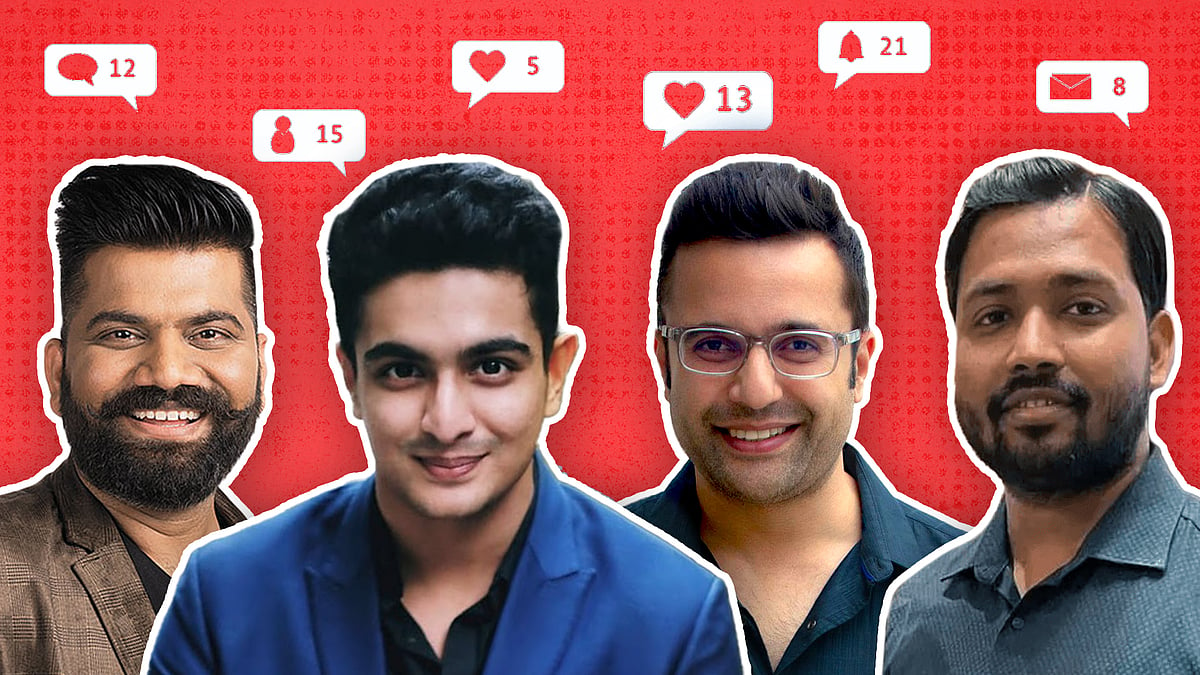The unshakeable Modi supporter: How behavioural science can explain Modi’s staying power
It’s why his support base holds strong despite his government’s more egregious actions.
Demonetisation, the CAA-NRC, the Delhi riots, the Covid crisis, the Manipur violence.
This is just a snapshot of all that has been comprehensively disastrous with the Modi regime in India. These disasters have been owed partly to the government’s incompetence, but long-standing Modi supporters do not budge. Many don’t even entertain doubts over Modi and his government. They are all in.
As has been said before, Modi isn’t just Teflon-coated, he’s cast in titanium. While his approval ratings dipped during the peak of Covid to 37 percent, he has otherwise through his prime ministership inhabited the rarefied 60s and 70s, even 90s. Which makes the rest of us wonder – how do we make sense of this?
With the newest crisis upon us in Manipur and as we head towards the 2024 election, one area of research offers valuable insights to answer this question. Despite its explanatory powers, behavioural science has been insufficiently harnessed to understand contemporary Indian politics. It can help explain the staying power of Modi’s support base, including why and how many of his supporters dismiss even the most egregious, avoidable disasters abetted or caused by his government.
Some psychological and anthropological writing has already shed light on this phenomenon: the cult of personality around Modi, the parasocial nature of the relationship between the right-wing troll and Modi, the Hindutva man’s crisis of masculinity, and more. But three behavioural science concepts can help further explain why Modi’s steadfast supporters behave the way they do.
First, people aren’t objective agents. We digest and recall information through scripts and schemas in our minds. When information reaches us, in order to reduce cognitive load we ‘fit’ the new information, through associations, within existing narratives and buckets in our minds. This tendency is related to the notion of ‘top-down perception’ – we don’t let the new information shape our thinking, we categorise it instead within existing boxes in our minds.
These narratives and boxes can be useful. For instance, having in our minds the narrative that gender discrimination exists in many workplaces and using it to examine, at least at first, a specific incident.
But when the narrative or box is something like ‘Modi can do no wrong’, as is the case with many Modi supporters, then the reality of a demonetisation is dismissed. Instead, it’s reframed as ‘at least he tried, other governments didn’t even try’. Or ‘terrorism has reduced’, or ‘black money went down’.
Second, in assessing a situation, we all make use of only the information that we have, often ignoring other important information needed to make a rigorous judgement – a phenomenon known as omission neglect. Research has shown that the less a person knows about something, the more sure and the more extreme they are. This helps explain some of the extremism of ‘WhatsApp University’ graduates.
Here, the harmful role of the pliant, ‘Godi’ media is salient. If they had reported the pandemic with rigour, then fewer among my own Uttar Pradesh circles would have believed that ‘Covid has not reached the villages’. They were dead sure about their views and attributed the supposed safety of villages to Modi’s, and Yogi’s, ‘strong’ Covid management.
Third, many people sometimes carry essentialist stereotypes about specific social groups. They feel that a certain community or group is of a particular inherent kind and that their behaviour is fixed and unchangeable.
To the average, non-specialist person in particular, a lot of events are ambiguous. Take the Delhi riots. Muslims died but Hindus died too. BJP personnel gave incendiary speeches, but an AAP figure was also blamed. So, who can be held responsible for the violence? Here, existing stereotypes shape people’s interpretations. If an observer believes that Muslims, by definition, are violent and cause communal violence, then even if Muslims or mostly Muslims are victims, the observer will attribute the violence to Muslims. Modi and his men, such as Anurag Thakur and Kapil Mishra who made the key incendiary statements, will be left blameless.
These three phenomena are obviously linked. And there are many other relevant phenomena as well – like confirmation bias and recall bias – that help explain the unshakeable support of many, many Modi bhakts. If writers and politicians want to better understand and engage with the dutiful Modi supporter, they first need to understand where the supporter is coming from. Only then can the writer analyse the supporter better, or the opposition politician seek to more effectively win him over.
Of course, these behavioural science concepts apply not just to Modi supporters but to all of us. But it’s the adamant Modi supporter’s psychology and behaviour that is more inexplicable – unquestioning despite major instances of government failure and therefore needing more understanding and explaining. Those critical of the Modi government’s policies need to first understand why such a large percentage of Indians support him no matter what. Only then can we more effectively speak to, and with, his base.
 Isolation, conservatism and buzzwords: What drives the lucrative market for right-wing influencers
Isolation, conservatism and buzzwords: What drives the lucrative market for right-wing influencers